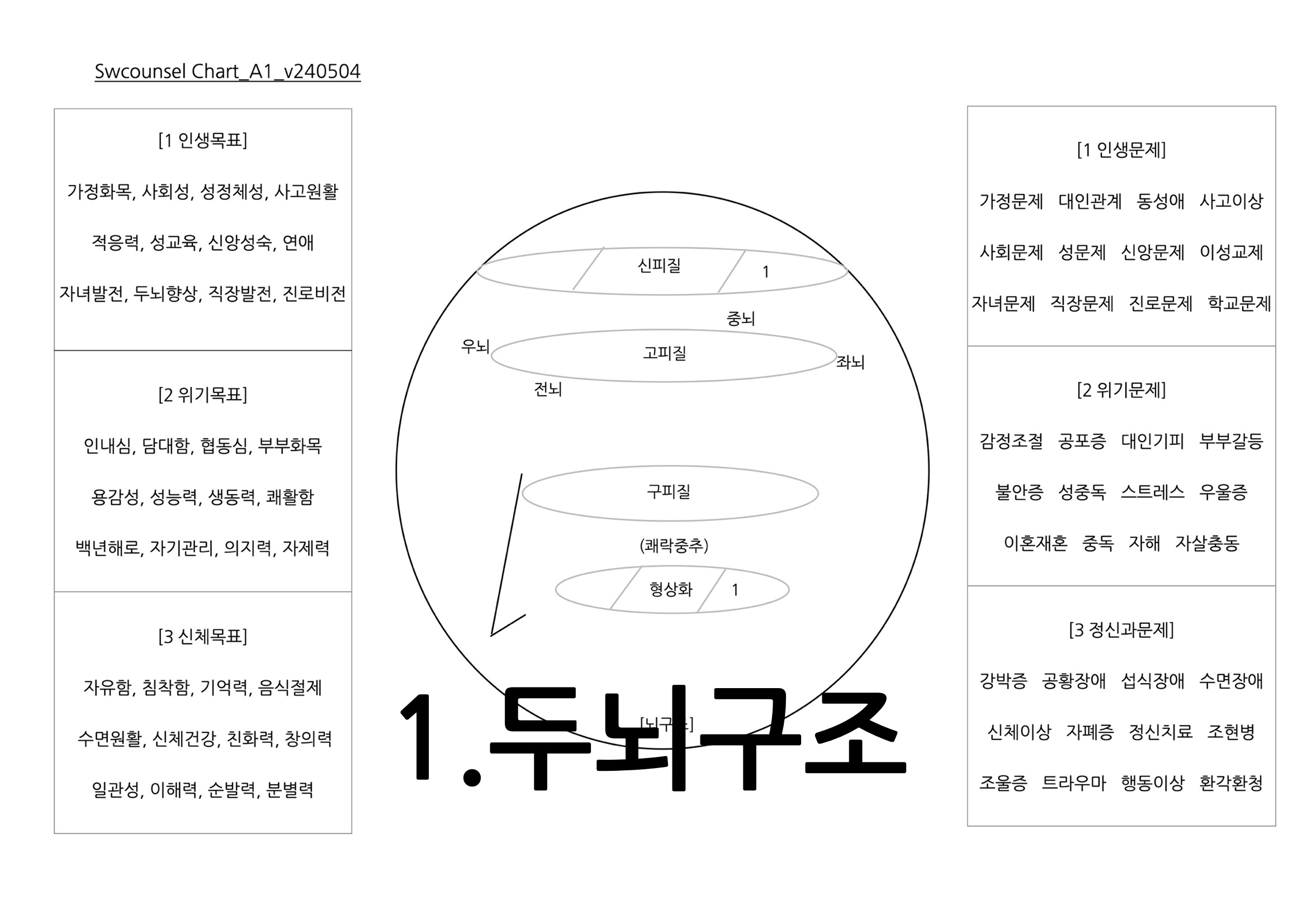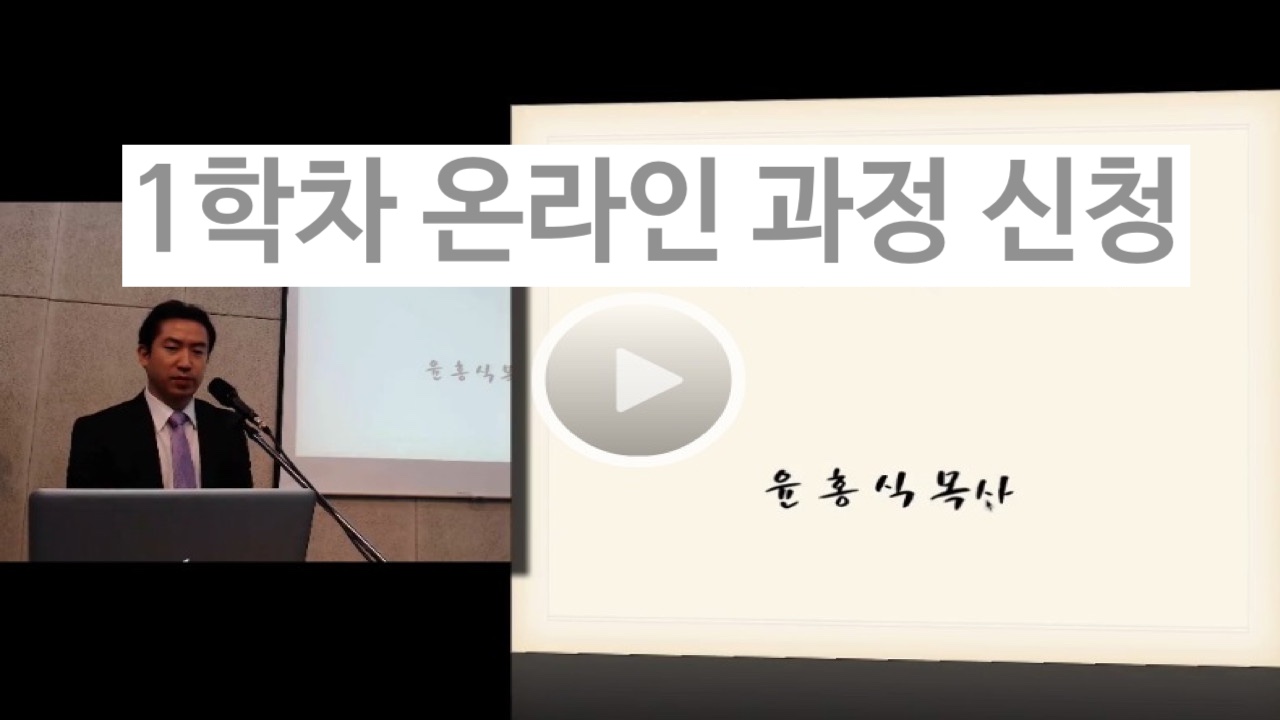[a적용해석] [CCEF] Winning Your Child’s Heart with Winsome Words (애교 있는 말로 아이의 마음을 사로잡다)
Written By:
Do we understand the impact of our words on our children? We utter words every day in all sorts of situations, often without intentionality. Sometimes, when we are using words to keep order and get things done, we lose sight of the power they possess. My years as a parent have helped me understand that my words do more than guide my children through their day. They shape how they think about themselves, other people, and how the world works. Most importantly, my words are one way my children learn about the gospel. I remember one afternoon when I was exhausted, and one of my children was not answering me. I quickly grew frustrated and began to demand that they answer my question. But something tugged at my heart, so I stopped, scooped them into my lap, and asked, “Why are you refusing to answer me?” Still, no answer. I recognized this was an important moment, and I prayed for God to give me a gentle spirit. I wanted my child to engage with me not because I forced them to but because they knew they were loved. After all, this is how the Lord engages us. A few moments later, I rephrased the question, “Why are you struggling to answer me?” And then it happened. The child knew they were free to share their heart, and the words poured out. They told me about the shame they were carrying, how they noticed I was tense, and how they can’t always find words when they are upset, but that I keep asking for them! Then there were tears. I learned much about my child’s heart that day and how we both needed to learn more about the Lord’s forgiveness, patience, and steadfastness. That one conversation shaped our following fifty conversations. Many of us fail here. We either miss the opportunity or push past our children with our agenda. I was trying to make dinner, after all! Sometimes, when our children are not answering us, we are tempted to label it as disrespect or disobedience too quickly. Making this assumption permits us to approach our children with our frustrations. We start making proclamations—even threats. But that is not how the Lord deals with us when we are out of sorts; he is not frustrated, nor does he overpower us with proclamations. Instead, he invites us to talk to him. And we can talk about the hard things, the disappointing things, the fearful things, and the messy things of our hearts. With our kids, we want to skip that in favor of rules and commands. But by doing so, we leave out God’s never-ending and pursuing love. Instead, we speak abruptly, insensitively, or cruelly. This is not wisdom, nor will it help our children grow in wisdom. How easy it is to say to a whiny child, “Stop complaining” or “Do all things without grumbling” (Phil 2:14). But how much harder it is to sit and draw their hearts out by asking, “What is hurting?” and listening in the same way that God listens to us. We should not just want to shut them up, but show them how to act like a child of God in a broken world where it is easy to grumble (Phil 2:15). This is not an easy task. The ability to love another well with inviting words is a skill we grow in over time, and it requires humility. We can care about having order in our homes and even obedience and still speak wisely and gently. It takes more work, more restraint, more sanctification, more of Jesus, but it can be done. It needs to be done. Even in the inconvenient moments, we should engage our children in the way that Jesus speaks to us: with a deep love that seeks to captivate hearts (Luke 4:22; 24:32). I would imagine most of you reading this share my point of view and try (though imperfectly), like me, to live by and hold out God’s glorious truth in sweet and tender ways. Our words possess power. We must use them carefully. Consider Proverbs 16:21: “The wise of heart is called discerning, and sweetness of speech increases persuasiveness.” It reminds us that if we desire to bring others insight, we should engage them with a “sweetness of speech,” with well-spoken, kind words that invite people to seek wisdom. God has used many small moments to convict me to shape my words into sweet invitations, drawing those I love and those who challenge me into deeper conversations. If we want to convey a much-needed message of grace, especially to our children, our words must be gracious invitations to see God and his heart for his people. We need to present him as the tender lover of our souls by using sweet and inviting words and then trust that his Spirit will be at work guiding their hearts.
| ||||||||||||||||||||||||
















